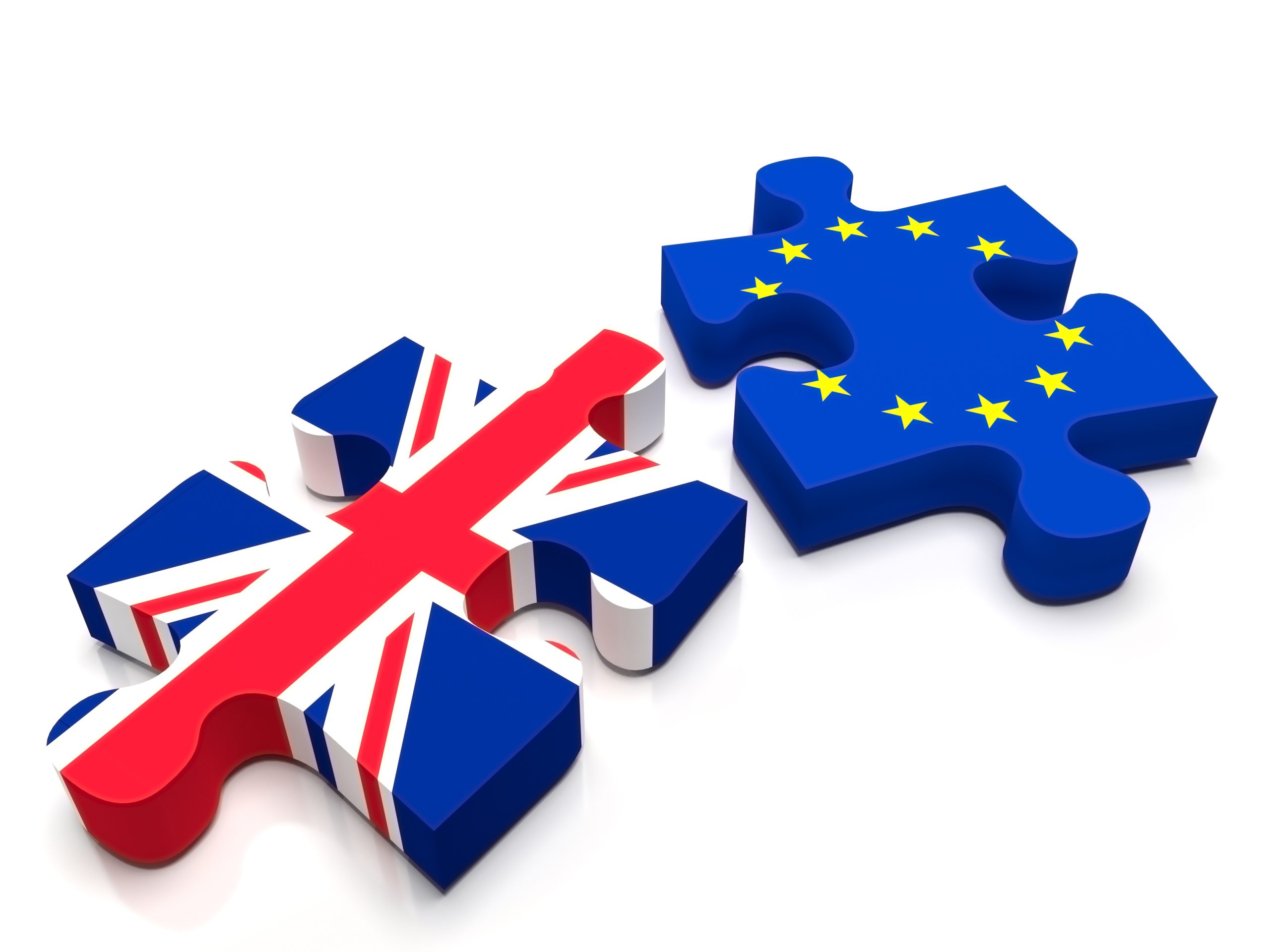“If the Constitutional Court decision finds the UPC unconstitutional, then it is hard to see how it could go ahead. Even if it approves the UPC, some practitioners doubt whether the new court would be viable without the participation of UK judges and lawyers.”
 The UK Government has confirmed that the country will not be part of the planned Unified Patent Court (UPC).
The UK Government has confirmed that the country will not be part of the planned Unified Patent Court (UPC).
The decision was revealed in a statement sent by a government spokesperson to IAM Magazine on February 27, after it had been hinted at in an electronic mailing distributed by a trade association and shared on social media.
This represents a reversal of policy, since the UK ratified the UPC Agreement in April 2018. Ironically, the minister who signed the ratification was the then Foreign Secretary, Boris Johnson. He is now the Prime Minister.
However, the change was expected after the government published its approach to negotiations on the future relationship with the EU earlier on February 27. This document explicitly ruled out “any jurisdiction” for the Court of Justice of the EU (CJEU) in the UK.
Although the UPC Agreement is a non-EU treaty, it provides for the possibility of referrals to the CJEU on matters of EU law. This has proved to be unpalatable for the current UK Government.
Whether the UPC will ever come into being remains highly uncertain. The German Constitutional Court is currently considering a challenge to its legality and is expected to publish a decision this Spring.
If the Constitutional Court decision finds the UPC unconstitutional, then it is hard to see how it could go ahead. Even if it approves the UPC, some practitioners doubt whether the new court would be viable without the participation of UK judges and lawyers.
The UK’s UPC decision came on the same day that Amanda Solloway MP was appointed the new Minister for IP.
UK and EU Negotiations
The UK’s approach to negotiations states that the Agreement between the UK and EU on relations after the Brexit transition period ends on December 31, 2020 “should include an IP chapter that secures mutual assurances to provide high standards of protection for IP rights, including registered IP rights such as patents, trademarks or designs, or unregistered rights such as copyright, trade secrets or unregistered designs.”
The EU’s published negotiating directives mirror this language. However, the EU places greater emphasis on the protection of geographical indications (GIs). The UK says it “will keep its approach [to GIs] under review as negotiations with the EU and other trading partners progress. Any agreement on GIs must respect the rights of both parties to set their own rules on GIs and the future directions of their respective schemes.” The issue of GI protection could be a flashpoint in negotiations, given the strong lobbies in favor of strong protection for products such as wine, cheese and meat in countries such as France, Italy and Spain.
UK and U.S. Negotiations
Meanwhile, on March 1, the UK Government published its negotiating objectives for a free trade agreement (FTA) with the United States. These have a section on IP, which raises some interesting proposals.
The UK aims to “secure copyright provisions that support UK creative industries through an effective and balanced global framework”. Business associations who responded to the consultation identified “fair use and safe harbour provisions within the US copyright regime” as areas where they believed the UK regime is stronger than that in the United States.
The objectives note that provisions should “not lead to increased medicines prices for the NHS.” This would appear to rule out any changes to the law on the term of pharmaceutical patents or data exclusivity in the UK.
Any provisions must also be “consistent with the UK’s existing international obligations, including the EPC”: this eliminates the possibility of introducing a grace period.
Finally, the objectives seek to “maintain effective protection of food and drink names in a way that reflects their geographical origins, getting the balance right for consumers to ensure they are not confused or misled about the origins of goods, and have access to a competitive range of products.” It appears that the UK will try to walk a tightrope during the Brexit negotiations that respects the very different EU and U.S. approaches to protecting geographical terms.
The United States Trade Representative published its negotiating objectives for an FTA with the UK in February 2019.
Image Source: Deposit Photos
Image ID: 73659043
Copyright: tonsnoei

![[IPWatchdog Logo]](https://ipwatchdog.com/wp-content/themes/IPWatchdog%20-%202023/assets/images/temp/logo-small@2x.png)

![[[Advertisement]]](https://ipwatchdog.com/wp-content/uploads/2023/01/2021-Patent-Practice-on-Demand-1.png)
![[Advertisement]](https://ipwatchdog.com/wp-content/uploads/2024/04/Patent-Litigation-Masters-2024-sidebar-700x500-1.jpg)

![[Advertisement]](https://ipwatchdog.com/wp-content/uploads/2021/12/WEBINAR-336-x-280-px.png)
![[Advertisement]](https://ipwatchdog.com/wp-content/uploads/2021/12/2021-Patent-Practice-on-Demand-recorded-Feb-2021-336-x-280.jpg)
![[Advertisement]](https://ipwatchdog.com/wp-content/uploads/2021/12/Ad-4-The-Invent-Patent-System™.png)






Join the Discussion
4 comments so far.
Riccardo Vecellio Segate
March 7, 2020 07:12 amDear James, you might find this new publication of interest:
“The Unified Patent Court and the frustrated promise of IP protection: Investors’ claims in (post-)Brexit Britain” (Maastricht Journal of European and Comparative Law, March 2020)
https://journals.sagepub.com/doi/full/10.1177/1023263X19896917
MaxDrei
March 6, 2020 02:23 pmAmbitious? That is British understatement at its most elegant, Mr Nurton.
Readers, for more on those EU/UK negotiations and the UPC, with no mincing of words, see the Chris Grey blog here:
https://chrisgreybrexitblog.blogspot.com/2020/03/negotiating-events.html
James Nurton
March 6, 2020 05:31 amIndeed. What’s more, the UK government has set itself a tight deadline (end of this year) to complete the EU negotiations – and no doubt the timing of the US discussions will also be constrained by the Presidential election. It’s ambitious, to say the least …
MaxDrei
March 5, 2020 03:17 amAs you observe, Mr Nurton, Prime Minister Johnson will “try to walk a tightrope” between the EU and the USA. I would add China to that. President Trump is most decidedly not amused by Johnson’s decision to favour Huawei with construction of the UK’s future telecoms infrastructure. Mind you, Mr Trump doesn’t like Germany choosing Huawei either.
Mr Johnson is a delightfully talented entertainer. He gives out that his talent as a tightrope walker is second to none. No doubt, Mr Nurton, you and the good burghers of England will take comfort in Johnson’s delicate and diplomatic balancing skills.